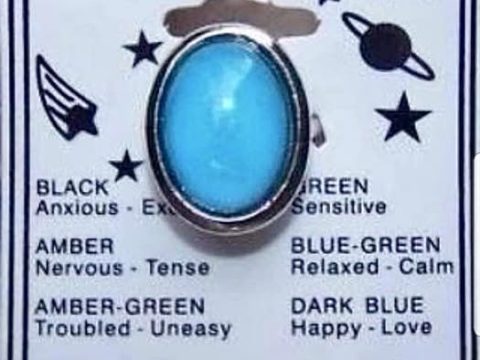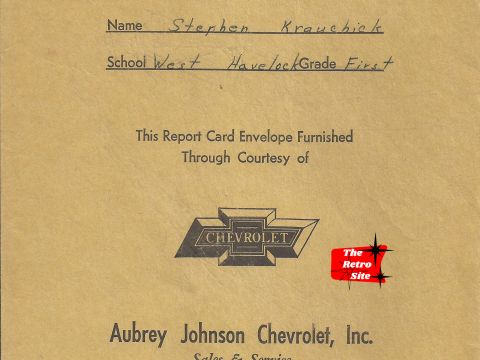Gateway Computers, also known as Gateway 2000, was a well-known American computer hardware company that played a significant role in the personal computer (PC) industry during the 1990s and early 2000s. Founded in 1985 by Ted Waitt and Mike Hammond in Sioux City, Iowa, Gateway gained popularity for its direct-to-consumer sales model and distinctive cow-spotted boxes.
In its early years, Gateway Computers focused on building and selling high-quality PCs that were aimed at the home market. The company quickly gained attention by offering competitive pricing, attractive designs, and excellent customer service. They became known for their commitment to customer satisfaction and the “Gateway Experience,” which included on-site service and support.
During the 1990s, Gateway’s rise was remarkable. The company expanded its product line beyond desktop computers, adding laptops, servers, monitors, and other peripherals. They capitalized on the growing demand for PCs, especially among home users and small businesses. Gateway became one of the top PC manufacturers in the United States, competing against industry giants like Dell and Compaq.
In 1997, Gateway made a strategic move by acquiring eMachines, a brand known for its low-cost PCs. This acquisition allowed Gateway to reach a broader market segment and further solidify its position in the industry. However, this decision would later contribute to the company’s decline.
Despite initial success, Gateway Computers faced numerous challenges in the early 2000s. The company struggled to keep up with the rapidly evolving technology landscape and changing consumer preferences. They failed to adapt quickly enough to the shift towards portable devices, such as laptops and later tablets, which impacted their market share.
Additionally, Gateway faced increased competition from other PC manufacturers, particularly Dell and Hewlett-Packard (HP), who were aggressively cutting prices and improving their supply chain efficiencies. These factors, along with the bursting of the dot-com bubble and an economic recession, adversely affected Gateway’s profitability.
In an attempt to reverse its fortunes, Gateway underwent various restructuring efforts. They closed their retail stores and shifted towards selling their products through third-party retailers. They also tried to diversify their product offerings by venturing into consumer electronics, including flat-panel TVs and digital cameras. However, these efforts were largely unsuccessful in revitalizing the company.
In 2004, Gateway announced its decision to acquire eMachines, a move aimed at targeting the value-conscious consumer market. This integration resulted in a consolidation of operations and cost-cutting measures, but it failed to bring about a significant turnaround. Eventually, the Gateway brand itself was phased out in 2007 when the company was acquired by Acer, a Taiwanese computer manufacturer.
The fall of Gateway Computers can be attributed to a combination of factors, including the company’s inability to adapt to changing market trends, increased competition, and strategic missteps. Despite its decline, Gateway remains a notable part of PC industry history and serves as a reminder of the rapid evolution and competitiveness of the technology market.



